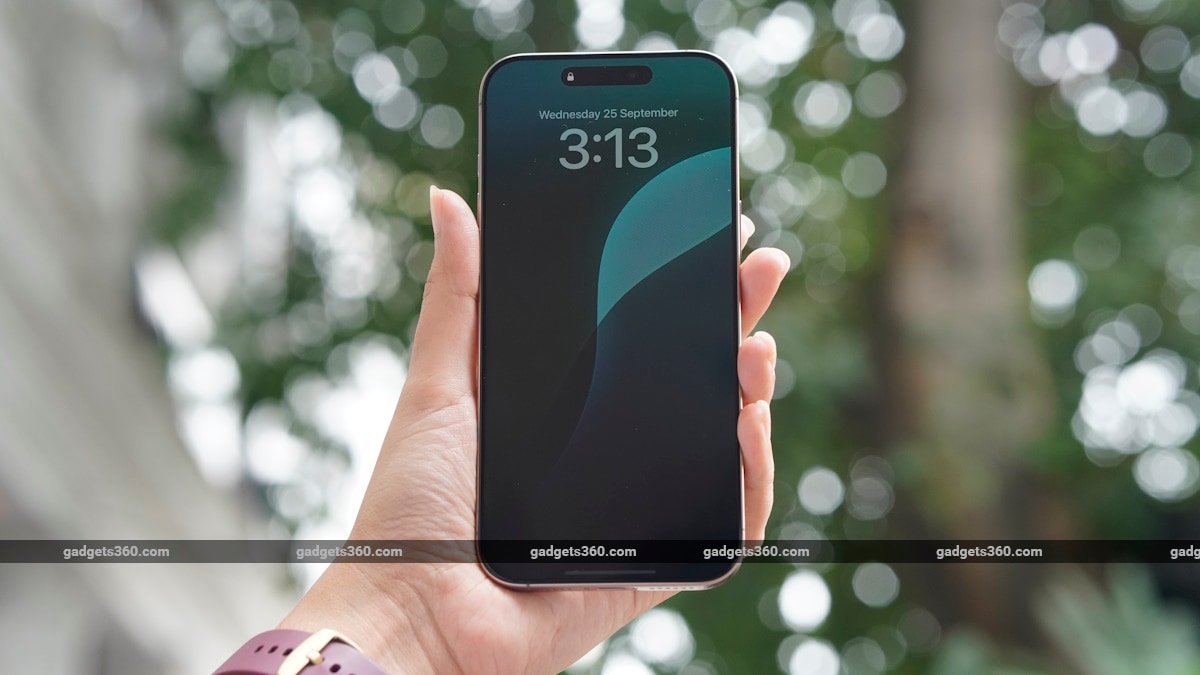
iPhone 17 series is expected to go official in the second half of next year and we keep hearing new rumours about the iPhone 18 lineup. A new report suggests that the 2026’s iPhone 18 Pro family will be more expensive than its predecessors — iPhone 17 Pro and iPhone 17 Pro Max. This potential price increase is attributed to the Apple A20 chipset, built based on TSMC’s next-generation costly 2-nanometer process. The non-Pro iPhone 18 models are expected to stick to a 3nm processor to cut costs.
2nm Chips Could Increase Apple’s Costs for Every Handset Built
As per a report by Taiwanese news site Ctee (via @Jukanlosreve), Apple will be the first handset maker to adopt TSMC’s 2nm chips when it launches the iPhone 18 Pro in 2026. The report notes that the production plan for the Apple A20 chipset that is expected to power the iPhone 18 series has been finalised (machine translated).
The switch from 3nm to 2nm will reportedly cost Apple an extra $35 (roughly Rs. 3,000) per iPhone application processor, marking a 70 percent increase from $50 (roughly Rs. 4,200) to $85 (roughly Rs. 7,200). If Apple doesn’t bear the cost, it will likely pass on to customers and the iPhone 18 Pro models will come with a price hike. The base iPhone 18 models are anticipated to ship with 3nm chipsets to maintain the price points.
The 2nm chipset from TSMC is expected to upgrade the architecture of Apple silicon processors. The manufacturing process could enhance the purported A20 Pro’s performance and energy efficiency. The iPhone 18 Pro could offer increasing processing and enhanced battery life with the new chipset. The 2026 iPhone Pro models are speculated to ship with an under-screen Face ID sensor as well.
The Apple A18 Pro debuted as a new member of the Apple A processor series in September 2024 alongside the iPhone 16 Pro and iPhone 16 Pro Max. The iPhone 16 and iPhone 16 Plus are powered by Apple A18 SoC. Next year’s iPhone 17 Pro models are said to get an A19 Pro chip, while the standard iPhone 17 and iPhone 17 Air could run on an A18 or A19 chip.

